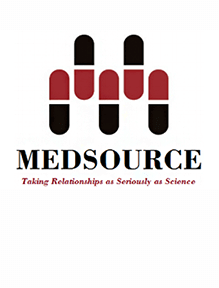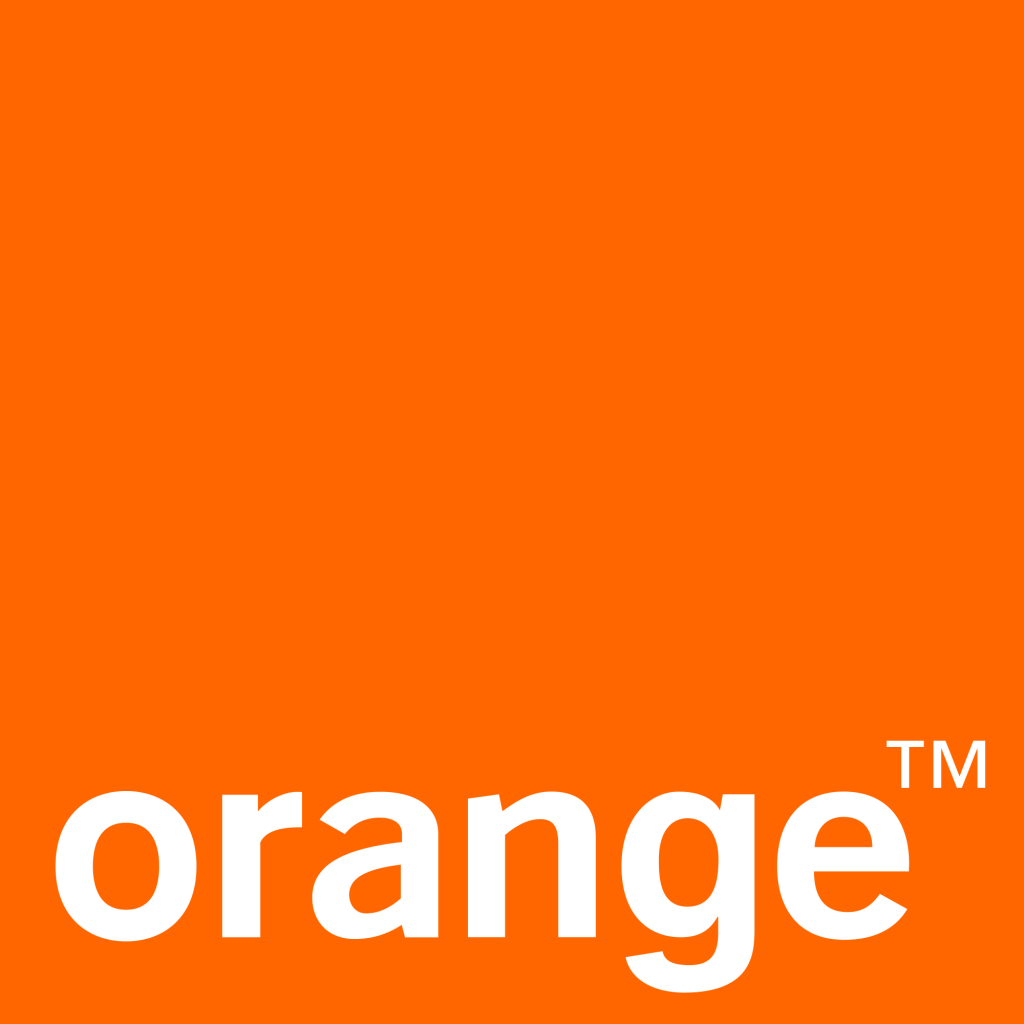Contracts are a crucial part of running a business, but managing them can be difficult. Not every organisation has the budget for a dedicated legal department or the time to turn to third-party partners for every document. The best contract management systems offer a solution to this issue.
What Is a Contract Management System?
Contract management software covers any tool that aims to streamline the contract life cycle, reduce errors or otherwise improve these documents. That’s a broad category, so it includes much variety and leaves room for interpretation. To clarify the matter, we partnered with Agiloft to learn more about these solutions and how to choose one.
Like Agiloft, many of the leading tools in this group are contract life cycle management (CLM) platforms. A CLM provides support throughout the entire contract creation, implementation and termination process. That usually includes things like:
- Automated document drafting tools
- Reviews and analysis powered by artificial intelligence (AI)
- Communication features
- E-signing functions
- Compliance assurance
- Obligation tracking
- Automatic renewals and terminations
Contract management software comes in simpler forms, too. Some solutions focus on a single phase of the life cycle, such as reviewing documents for potential issues or providing a secure place to store digital contracts.
Why Do You Need a Contract Management System?
Contract management systems have several important benefits across all types and for all industries. Workflows involving legal documents are great use cases for automation and AI because they require significant attention to detail but can be time-consuming when done manually.
In the rush to complete documentation on time, many professionals overlook crucial steps in the contract life cycle. A worrying 69% of all contracts don’t follow preapproved guidance, and 71% don’t have a system to catch deviations from standard terms. Efficiency and security are common problems, too, as 90% of professionals struggle to locate documents, and 49% don’t have a defined storage process.
The best AI-powered tools for managing contracts address all of these barriers. Automatically storing everything in a consolidated, secure cloud environment reduces time spent searching for specific documents while improving security. Automated reviews can catch deviations or legal risks before signing. Drafting tools and templates can streamline workflows without sacrificing accuracy or compliance.
Which Industries Benefit Most from Contract Management Software?
These advantages can apply to companies in any sector, but some stand to gain more than most. These five industries benefit most from the best contract management software.
Health Care
The health care sector runs on contracts. Legal agreements exist between providers and patients, hospitals and vendors, providers and insurers, and more. The sheer number of documents aside, the industry is heavily regulated, so such files must be as precise and compliant as possible.
Noncompliance can be costly. In addition to incurring fines, some instances can result in professionals losing their licenses or becoming ineligible for Medicaid or Medicare. At the same time, avoiding those situations can be expensive, too, with hospitals spending between $80,000 and $120,000 annually on Health Insurance Portability and Accountability Act (HIPAA) compliance.
Growing labor shortages and high workloads make it hard to keep up with all these factors. Consequently, health care organizations need the speed and accuracy of a CLM.
Technology
Tech businesses may face fewer regulations than health care companies, but laws in this space are growing. Apart from industry-specific legislation, the technology sector also deals heavily in third-party collaboration and international supply chains. These partnerships result in a considerable amount of contracts.
The need for efficiency is particularly prominent in technology. This industry moves fast — tech spending could grow by 9.3% in 2025, and some segments — like AI and data centers — will experience double-digit expansions. As a result, tech leaders must manage a growing number of contracts with increasingly minimal time amid the rush to innovate and put out new products.
As the world comes to rely on technology more heavily, scrutiny over the sector will increase. Consequently, ensuring accuracy and compliance in contracts will become even more critical.
Legal
Unsurprisingly, the legal sector also makes the list of the industries that benefit most from the best contract management software. While things may move slower here than in tech, demands for contract precision are higher in this industry than in most others.
Law offices deal with plenty of contracts within their own operations, but they’re also responsible for drafting and overseeing such documents in other sectors. Failing to maintain efficiency and accuracy in contract management will limit a firm’s ability to serve its clientele. By the same token, any improvements echo across these businesses’ customer base.
It’s also worth considering how frequently legal processes and regulations change. Amid such disruptions, law professionals need AI’s agility and attention to detail to keep up with shifting environments.
Supply Chain and Procurement
Supply chains are another industry heavily dependent on thorough and fast contract management. Rising shipping costs and frequent disruptions have driven demands for supply chain efficiency higher than ever, but sacrificing accuracy for speed can result in significant regulatory and resilience issues.
Procurement and logistics are full of contracts between suppliers, transport companies, freight forwarders and more parties. Now that 81% of supply chain leaders plan on dual-sourcing raw materials, the number of involved parties could grow even higher. Streamlining contract management is critical to keeping up with this shift.
Balancing the need for quick reactions with demands for greater supply chain due diligence is only possible with automation. As a result, this industry must capitalize on AI-powered tools for managing contracts.
Manufacturing
Similarly, manufacturers stand to gain a lot from innovative contract management software. Many factories must manage multiple suppliers and logistics providers, all with unique contract concerns. Several of these third parties may operate out of other countries, too, introducing additional legal considerations.
Failing to ensure compliance and transparency in these agreements can result in high fines, import duties and other complications. At the same time, taking too long in the drafting or due diligence phases can raise expenses and extend lead times. That’s not ideal in a world where e-commerce has led to skyrocketing speed and cost demands.
Automated contract software can help in several ways. Templates and auto-drafting features save time while reducing the risk of errors. AI analyses can catch potential legal problems before they lead to real-world consequences. Benefits like this only become more impactful as the competition within the industry heats up.
What Makes a Good Contract Management Tool?
The sensitive nature of contract management means you should take care when choosing software to implement in this area. While the best tools for managing contracts will vary between situations, you can identify a few determining factors that separate an ideal solution from a less optimal one.
Built-in compliance with any applicable regulations is one of the most critical features to look for. HIPAA, the General Data Protection Regulation (GDPR), and industry- or region-specific import and supply chain restrictions can all affect what your contracts must include. Consequently, any tool that doesn’t automatically comply with such legislation won’t provide much value.
Other features and functions to look for include extensive automation, performance monitoring, robust cybersecurity measures and a user-friendly interface. Generally, a platform that handles a wider range of tasks is preferable, too, as it can simplify and streamline more of your workflows. However, some operations may only need help in a few areas.
How Do Integrations Improve Contract Management Systems?
The average organization uses 112 unique software-as-a-service (SaaS) apps, and any barriers between these programs can disrupt workflows, introduce room for error and delay contract completion. By contrast, a CLM or other solution with multiple third-party integrations will be more impactful in both efficiency and accuracy.
The more SaaS tools you use and the less experienced your workforce is, the more you need a user-friendly and integration-heavy solution.
Best AI-Powered Tools for Managing Contracts
In light of these recommended features, a few leading software providers have emerged. Here are the five best AI-powered tools for managing contracts to streamline your search for a reliable solution.
1. Agiloft
Agiloft’s Data-First Agreement Platform is the best all-around contract management platform. It combines a CLM, a third-party integration hub, conversational AI and an AI model builder into a single package to cover the entire contract life cycle.
The CLM is SOC-1, SOC-2 and ISO 27001 certified, showcasing its commitment to security and data privacy. It also requires no coding knowledge to implement — instead using a drag-and-drop interface — and integrates with over 1,000 other SaaS tools. The ability to build your own AI models based on past contracts is particularly beneficial to those with unique needs.
Agiloft also boasts 30 years of experience across industries, including legal, health care and procurement. Over 97% of its customers renew their service every year, which offers greater confidence in the platform’s effectiveness and reliability.
2. Ironclad
Ironclad is another popular contract management solution worth your consideration. It’s an AI-powered CLM that includes automated requests, approvals, reporting and workflow tracking.
Standardized guidelines and templates make it easy to develop contracts to suit your needs, and Ironclad offers extensive customization options, too. No-code workflows and integrations with multiple SaaS apps allow you to tailor contracts and larger processes to your specific demands. It also boasts an intuitive user interface, which makes it easier to start using, even with a relatively inexperienced workforce.
Ironclad also emphasizes security. It applies strict encryption standards to all data on the platform, both at rest and in transit. It also has its own e-signing function to protect signatures while streamlining remote collaboration.
3. HyperStart
Like Ironclad, HyperStart is an AI-centric CLM platform. This solution stresses its impact on efficiency, claiming to reduce the contract management timeline by as much as 80% and take just two to three weeks to create and automate workflows.
Those time savings stem largely from HyperStart’s extensive automation features. As many as 90% of legal professionals say manual work takes time away from their ability to finish other, larger goals on time. By automating contract retrieval, review, metadata extraction and more, HyperStart aims to cut the time spent on such tasks dramatically.
Importantly, HyperStart doesn’t achieve its speed at the expense of security. It’s ISO 27001 and SOC-2-certified. However, its integrations are fairly limited, which can introduce bottlenecks in some organizations.
4. Summize
Summize is another leading CLM to consider. User-friendliness and accessibility are the key selling points here, as the platform aims to make contract management a less complex process for any audience.
The tools within the Summize suite largely work as plugins for the software you may already use, such as Microsoft Office and Google Drive. Working directly in these SaaS solutions removes any time wasted switching between windows, which lends itself to quick implementation and streamlined workflows. The platform also does a great job of summarising complicated legal language into easy-to-understand, brief rundowns.
Summize does not have all the features of some other CLMs, but its usability and efficiency are hard to overlook. It’s most beneficial for smaller teams or those facing significant workflow inefficiencies.
5. Luminance Diligence
Luminance’s Diligence platform is also a worthy competitor. Its AI engine has insight from over 1,000 distinct legal concepts and requires no coding to add new considerations and functionality.
Diligence can instantly identify anomalies within your contracts and organise these flags by severity. This level of information is particularly advantageous for businesses in heavily regulated industries or without much time to review documents for potential errors. It also requires no downtime to implement, letting you experience these benefits almost immediately.
The Luminance platform lacks some integrations, but it supports some of the most popular tools, including Dropbox and Word. Not every team needs the level of legal insight it provides, too, but that depth is critical for those facing strict regulations.
Choosing a Contract Management Software Solution
These five solutions represent some of the best contract management systems available today. However, which is most beneficial depends on your industry, needs, goals and budget.
You can choose an optimal contract management provider by starting with your regulatory landscape. Outline which laws or standards apply to you, and prioritise any options that offer built-in support for these regulations. You can narrow your list further by determining a budget before comparing options and dismissing any that don’t fit within that range.
Get Started with Contract Management Software
Regardless of what industry you work in and what your workflow looks like, you can benefit from AI-powered contract management tools. Agiloft is an ideal provider within this space, no matter what you’re working with currently.
Agiloft’s extensive integrations, automation features, and high security and compliance standards make it an optimal fit for any organisation. Reach out to learn how you can drive growth and reduce risks with Agiloft.




















